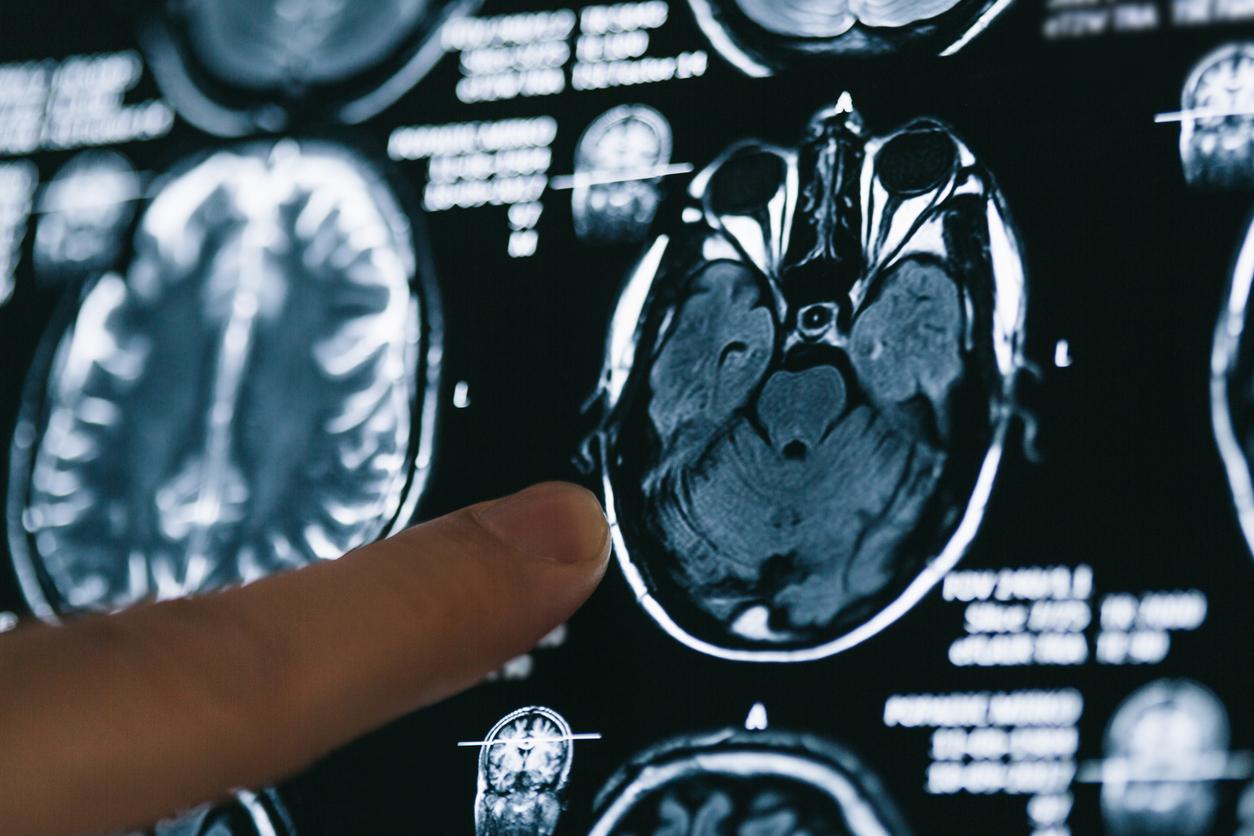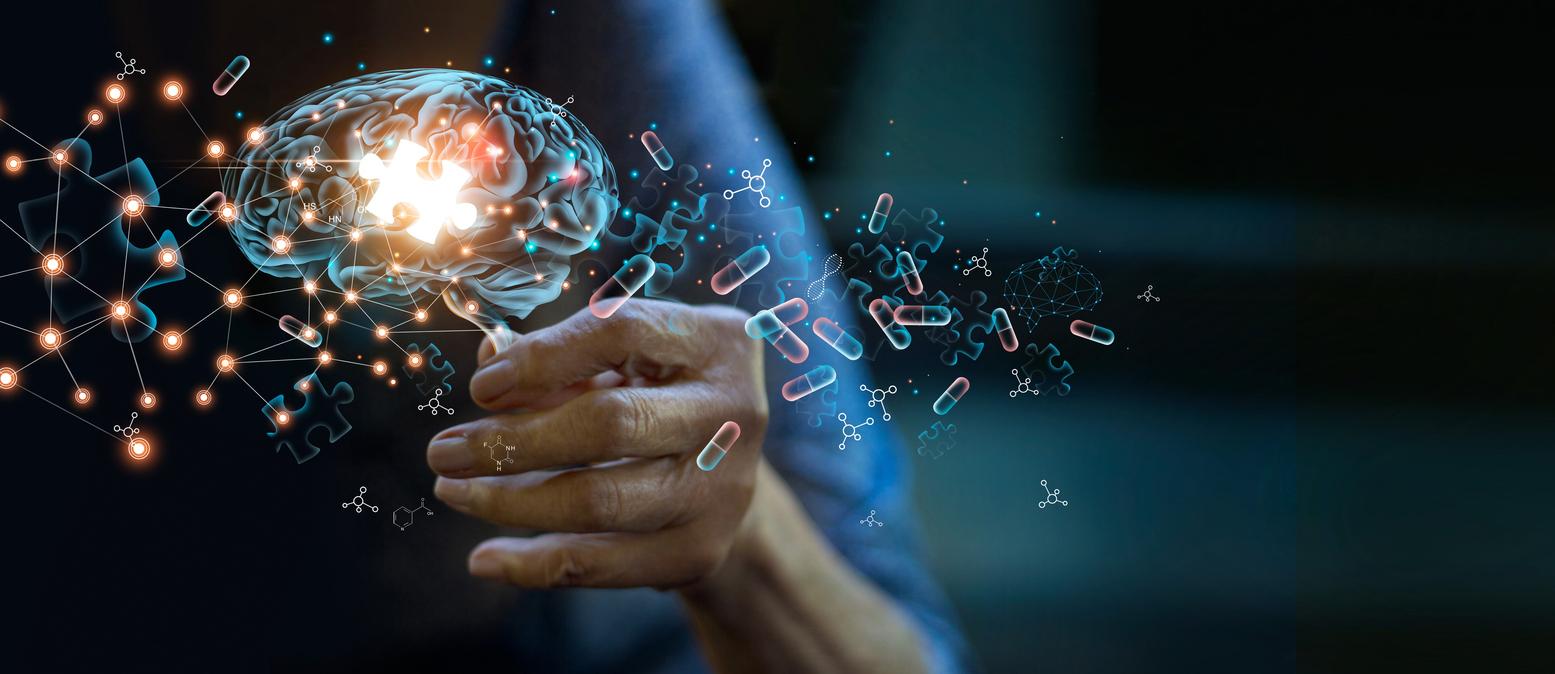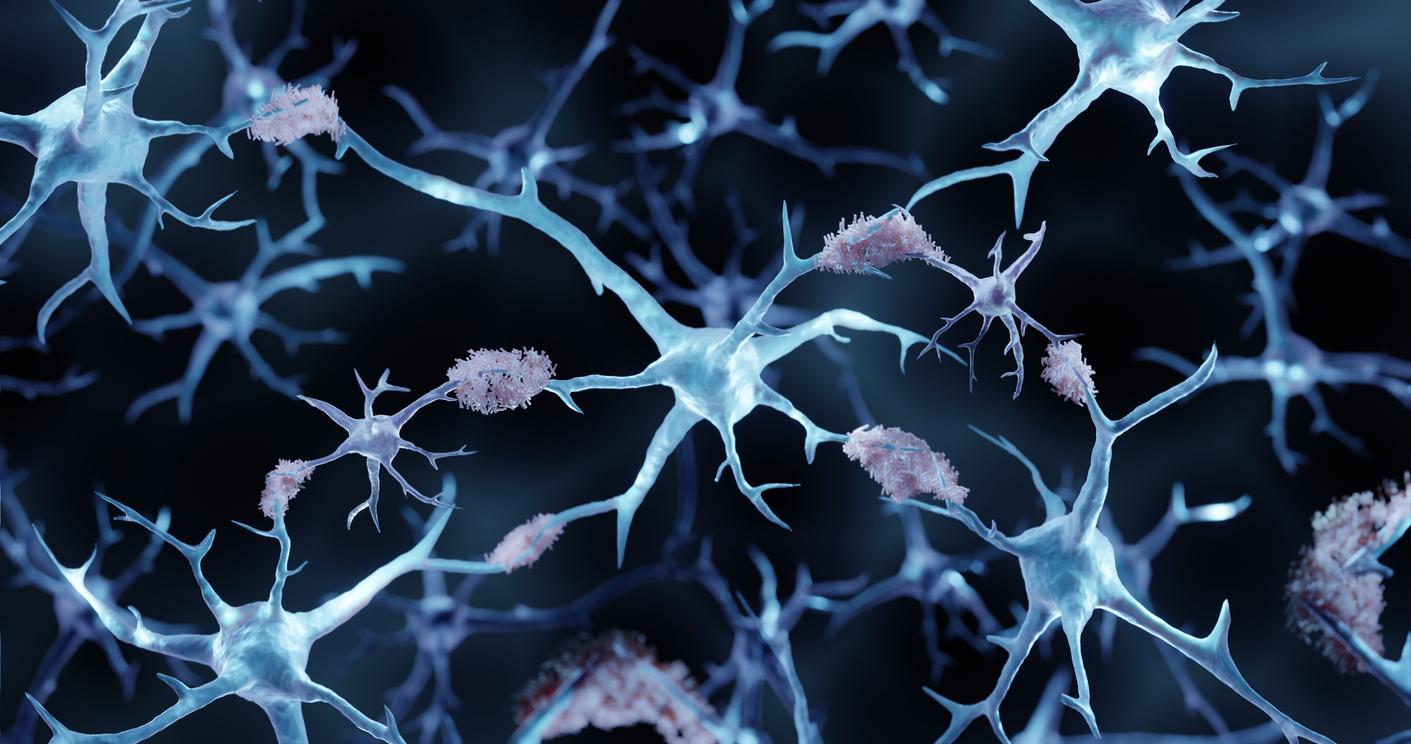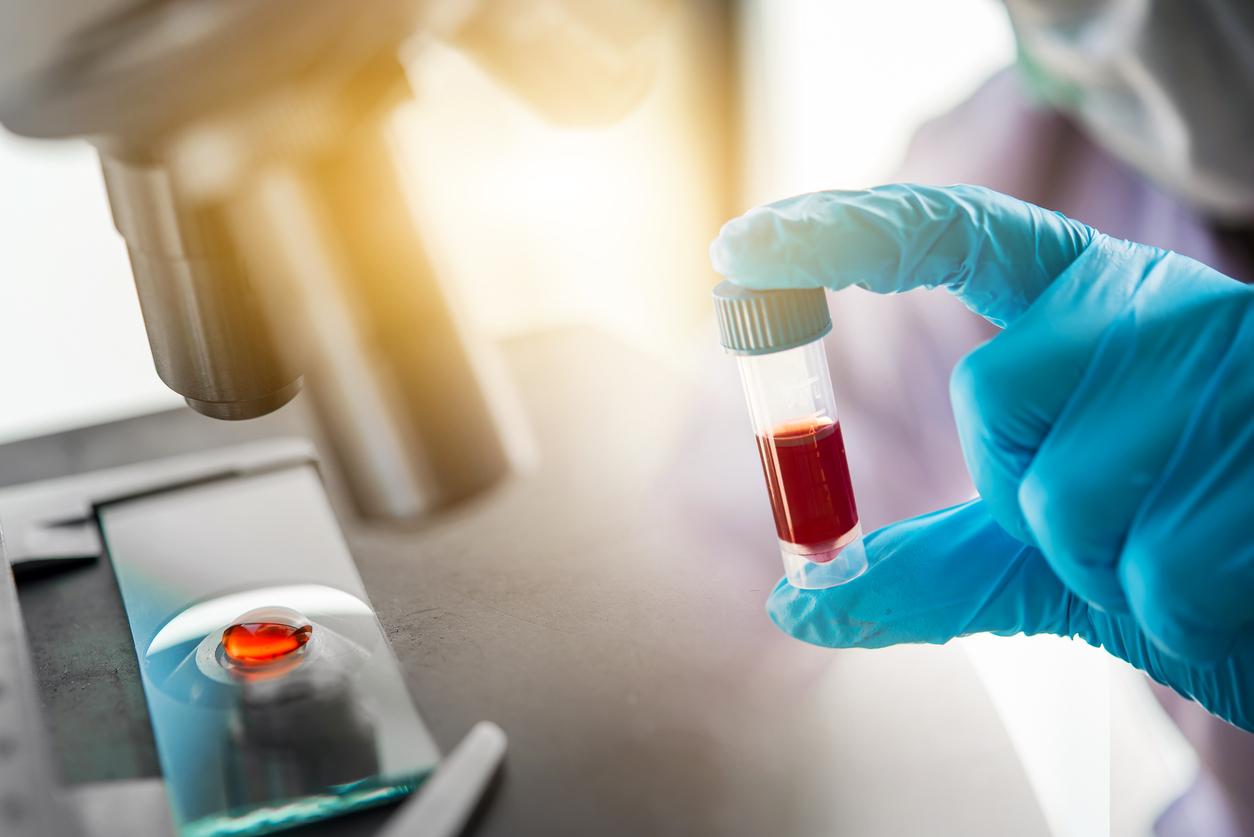A first-of-its-kind study shows that patients treated with growth hormones extracted from cadavers developed Alzheimer’s disease as a result of the treatment.
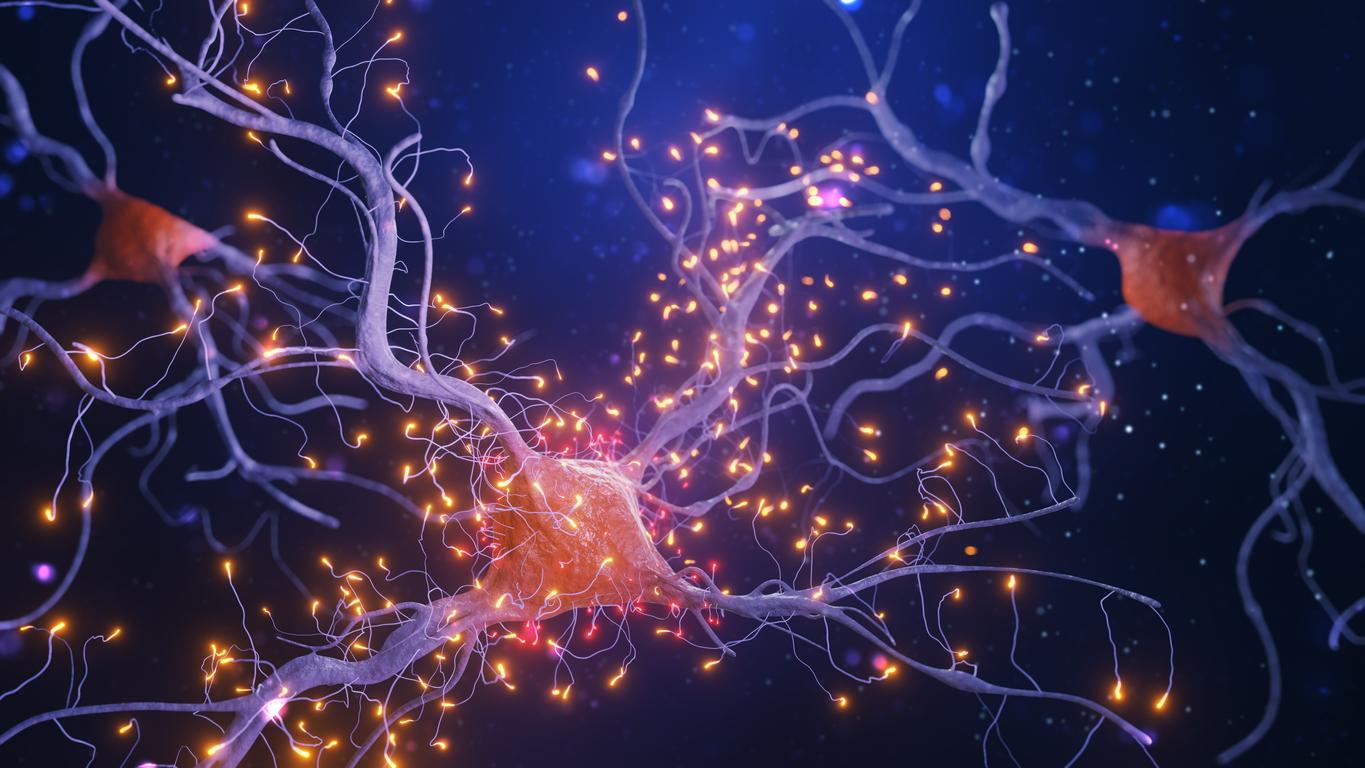
- A British study shows that patients treated with growth hormones extracted from cadavers developed Alzheimer’s disease.
- Today, the treatment is no longer authorized, so there is no longer any risk of transmission of Alzheimer’s disease by this route.
- For the author of the study, “the recognition of the transmission of beta-amyloid pathology in these rare situations should lead us to review measures aimed at preventing accidental transmission via other medical or surgical procedures, in order to prevent such cases from recurring in the future”.
Alzheimer’s disease is a neurodegenerative pathology that affects nearly a million French people, according to the Brain Institute. If, since its discovery by the German doctor Aloïs Alzheimer in 1907, numerous researches have allowed us to know much more about its mechanisms, this pathology has not yet revealed all its secrets. Until now, scientists thought that this form of dementia could only be transmitted through genes, but a new observational study carried out by British researchers could turn this knowledge on its head. It suggests that Alzheimer’s disease could be transmitted iatrogenically, that is to say as a side effect of a treatment: growth hormones extracted from corpses. The results are available in the journal Nature Medicine.
Hormones extracted from corpses between 1959 and 1985 in Great Britain
Extractive growth hormones were extracted from the pituitary gland of cadavers, a part of the brain that makes many of the body’s hormones, to treat children for various causes of short stature. They were then banned at the end of the 1980s throughout the world, after the occurrence of cases of Creutzfeldt-Jakob (mad cow disease) in treated patients. But it seems that these hormones could also have transmitted the beta-amyloid protein which causes Alzheimer’s disease in five treated patients, according to the team of researchers from the University Hospital of London in England.
Alzheimer’s: 5 people contaminated by extractive growth hormones
“The patients we described received a specific, long-abandoned medical treatment that involved injecting patients with material now known to have been contaminated with disease-related proteins.”, specifies the main author of the research, Professor John Collinge, Director of the UCL Institute of Prion Diseases and Consultant Neurologist at UCLH. He also adds that “there is no suggestion that Alzheimer’s disease can be transmitted between individuals during activities of daily living or routine medical care”.
The analyzes focused on eight patients from the United Kingdom, treated with these hormones, but who did not develop Creutzfeldt-Jakob disease. Five of them started showing neurological symptoms between the ages of 38 and 55. This unusually young age suggests that they did not suffer from the usual sporadic Alzheimer’s disease associated with old age. The samples available for genetic testing also allowed the team to rule out any hereditary origins. In the other three patients, one person showed symptoms of mild cognitive impairment at age 42, another had only subjective symptoms (the feeling of losing memory), and the last showed no signs of deterioration. .
Transmission of Alzheimer’s disease: what are the consequences of such a discovery?
“Recognition of the transmission of beta-amyloid pathology in these rare situations should lead us to review measures aimed at preventing accidental transmission via other medical or surgical procedures, in order to prevent such cases from recurring in the future. ‘future”, recommends Professor John Collinge. “Importantly, our results also suggest that Alzheimer’s disease and some other neurological diseases share similar pathological processes as Creutzfeldt-Jakob disease, which could have important implications for the understanding and treatment of Alzheimer’s disease in the future.”










